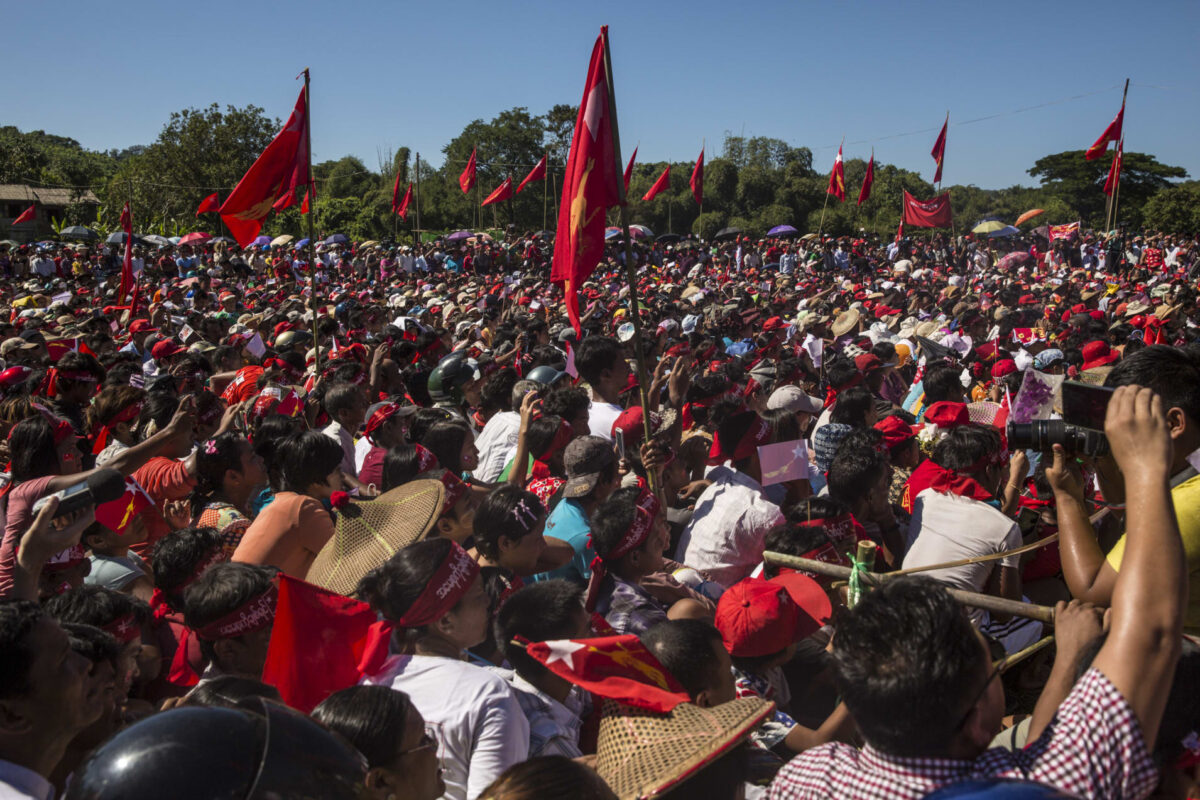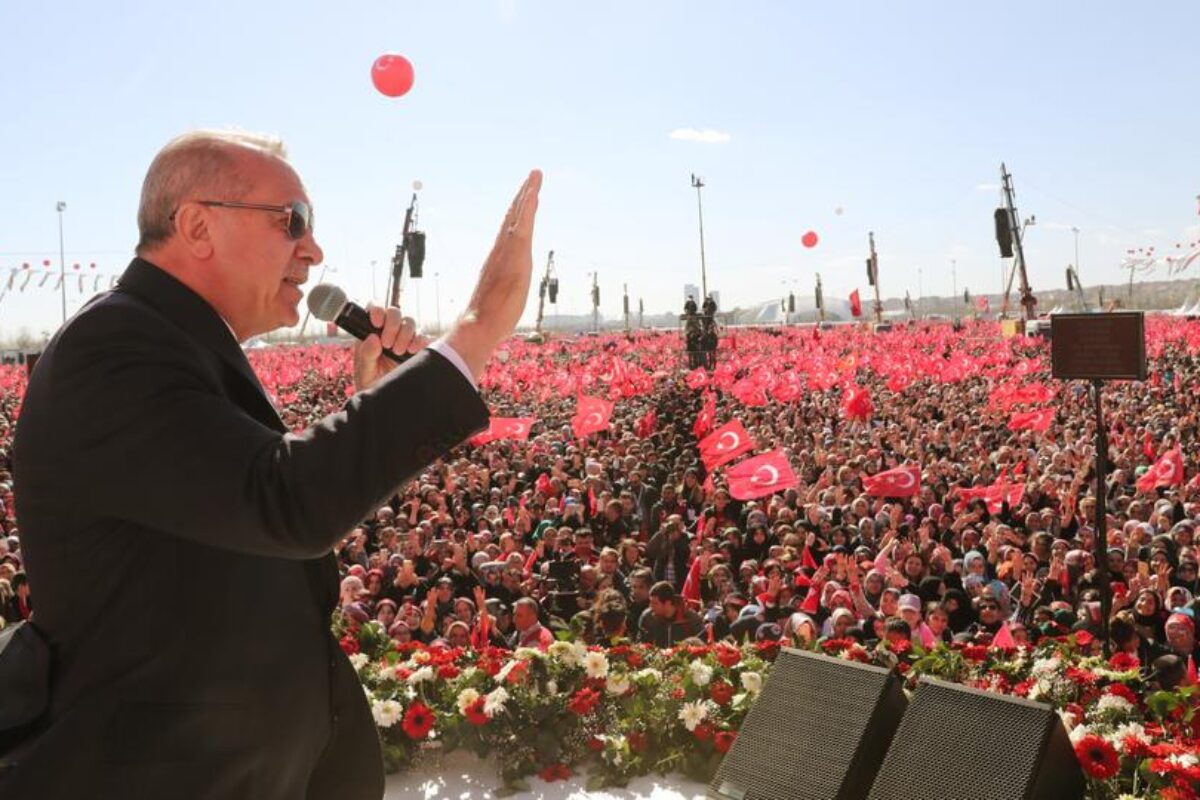U.S. Offers $15M Reward for Info Leading to the Arrest or Conviction of Maduro
Filed in the Southern District of New York, the Department of Justice has announced an indictment on Nicolás Maduro and four other senior Venezuelan authorities on…
Welcome to the Zeitgeist, the NYU Politics Society’s undergraduate opinion publication dedicated to providing a platform for students to learn about and engage with politics and current events.
Filed in the Southern District of New York, the Department of Justice has announced an indictment on Nicolás Maduro and four other senior Venezuelan authorities on…
Image created by Cassi Niedziela. Africa is a continent teeming with life and diversity, but it is still grappling with the negative consequences of colonization. One…
Photo courtesy of The Straits Times. While countries around the world have been floundering to push back against COVID-19, Singapore has been operating steadily against the…
Photo courtesy of the Washington Post 4500 × 3003 “This is their new hoax.” On a clear evening in the North Charleston Coliseum, Donald Trump spoke…

“You know what's weird? Day by day, nothing seems to change, but pretty soon... everything's different” - Calvin and Hobbes.
Along with many other women this past week, I felt a little disillusioned when Senator Elizabeth Warren dropped out of the 2020 Presidential race. Now, we must wait another four years to have a chance at finally calling someone Madam President.
Senator Elizabeth Warren at the 2019 National Forum on Wages and Working People. Photo courtesy of Gage Skidmore In early 2019, the Democratic contenders for the…

Turkey's President Erdogan addresses a post-election rally drawing hundreds of thousands, in a major show of strength (March 24, 2019). Conventional wisdom says that old habits…
Courtesy of HawaiiPublicRadio.Org On February 24, a New York jury found Harvey Weinstein guilty on one count of criminal sexual assault in the first degree…
Photo courtesy of Getty Images On August 16, 2019, Senator Elizabeth Warren introduced her policy platform for tribal nations and indigenous peoples. At around 9,000 words,…